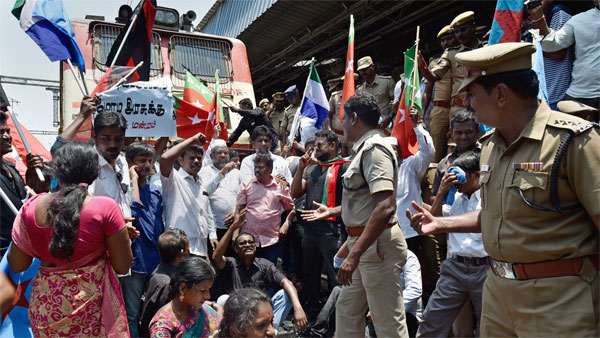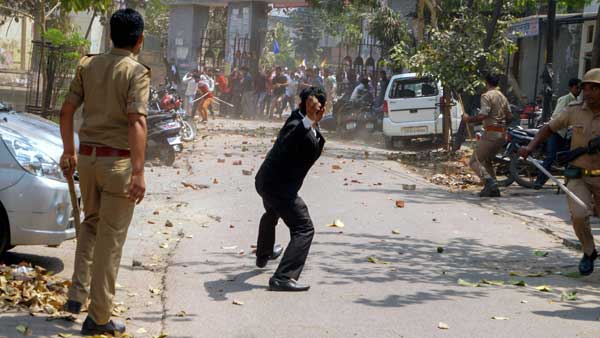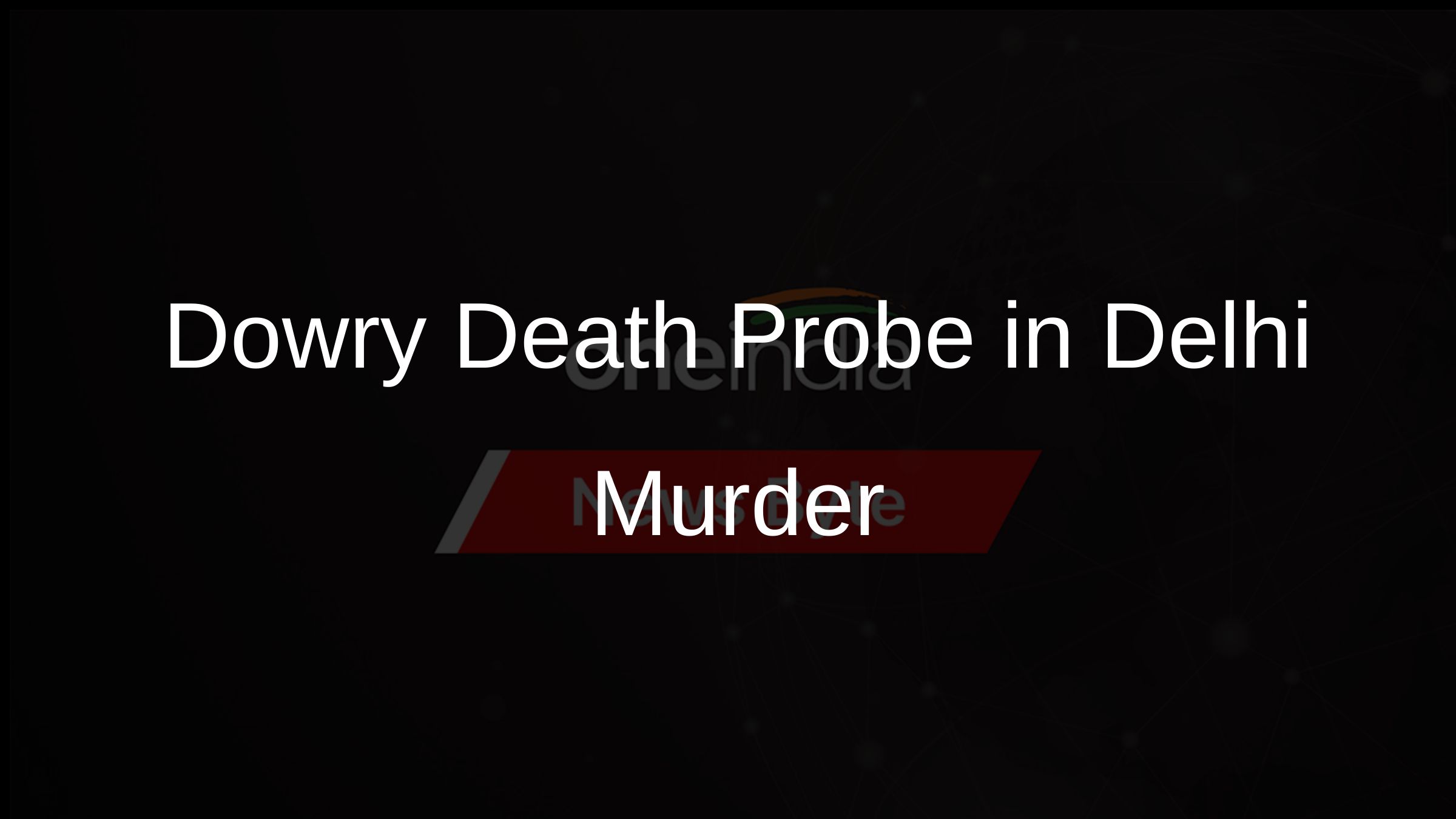
Explained: Everything you need to know about the SC/ST Atrocities Act
New Delhi, Sep 13: The Supreme Court on Friday referred its March 2018 verdict banning automatic arrests in Dalit atrocity cases to a bench of three judges. The top court's ruling comes on a review petition filed by the Centre last year.
The Scheduled Castes and Tribes (Prevention of Atrocities) Act, 1989, or the SC/ST Act protects the marginalised communities against discrimination and atrocities.

In 2018, the Supreme Court had introduced safeguards to prevent misuse of the SC/ST Act against officers who deal with the complaints under the Act in their official capacity.

What is the controversy over the SC/ST Act?
The court's other two decisions - the introduction of anticipatory bail provisions and a preliminary probe by the police before arrest also triggered an uproar. Following the outrage and the subsequent political pressure, the Centre had asked the top court to rethink its verdict.
The Centre had argued that its judgment diluting the stringent provision of SC/ST (Prevention of Atrocities) Act holding that arrest on a complaint under the law was not mandatory had "seriously affected their (SC/ST) morale and confidence in the ability of the state to protect them".

The court said the changes were necessary to protect the innocent, pointing out that the law was being misused on certain occasions and public servants were being stopped from doing their duty.
The government was strongly criticized by Dalit groups, which accused it of failing to take prompt action and ask the court for a review of its decision. On April 2 last year, nearly a dozen people died as Dalit groups resorted to violence to enforce a countrywide shutdown in protest against the court order.
The Centre has since made amendments in the law to overcome the top court's order diluting the provision of the arrest. This law was not stayed by the top court.

Provisions of the Bill
Parliament on August 9 last year had passed a bill to overturn the apex court order relating to certain safeguards against arrest under the SC and ST law.
The Bill states that the investigating officer will not require the approval of any authority for the arrest of an accused.
A preliminary enquiry will not be required for the registration of a First Information Report against a person accused under the Act.
The SC/ST Act 1989 states that persons accused of committing an offence under the Act cannot apply for anticipatory bail. The Bill seeks to clarify that this provision will apply despite any judgements or orders of a court that provide otherwise.

SC/ST Atrocities Act
According to the SC/ST Act, the protection is provided from social disabilities such as a denial of access to certain places and to use a customary passage, personal atrocities like forceful drinking or eating of inedible food sexual exploitation, injury etc, atrocities affecting properties, malicious prosecution, political disabilities and economic exploitation.

Offences Under The Act
- Forced to eat or drink an offensive or uneatable substance
- Caused annoyance, injury or insult by any excreta or waste matter being dumped in his premises or neighborhood
- Paraded naked or with painted face or body
- Wrongfully deprived of cultivation of his land
- wrongfully deprived of his rights over any land, premises or water
- Forced to do beggary or work as a bonded labourer
- Prevented from exercising his right to vote or according to his wishes
- Subjected to false legal proceedings
- Caused injury or annoyance by a public servant on the basis of false information given to him
- deliberately insulted and humiliated in public view
- Deprived of his right to clean drinking water
- Deprived of his right of passage to a public place
- Forced to leave his house or village
- Falsely implicated in a criminal case which might result in his imprisonment or execution
- Intended harm or injury by burning a place of his dwelling or worship

Punishment under the act
All offences listed in the Act are cognizable. The police can arrest the offender without a warrant and start an investigation into the case without taking any orders from the court.
The Act prescribes both minimum as well as maximum punishment. The minimum in most cases is six months imprisonment while the maximum is five years sentence and with fine. In some cases the minimum is enhanced to one year while the maximum goes up to life imprisonment or even a death sentence.
For offences under section 3(2)(ii), the punishment is not less than six months but may extend to seven years or upwards with fine.
For offences under section 3(2)(iii), the punishment is between six months to seven years with fine.
For offences under section 3(2)(iv), the punishment is imprisonment for life with a fine. For offences under section 3(2) (iv), (v), the punishment is imprisonment for life with fine.
For offences under section 3(2) (va), the offences as specified in the schedule to the Scheduled Castes and the Scheduled Tribes (Offences of Atrocities) Amendment Act, 2015, the punishment is as prescribed under the IPC.


 Click it and Unblock the Notifications
Click it and Unblock the Notifications

































